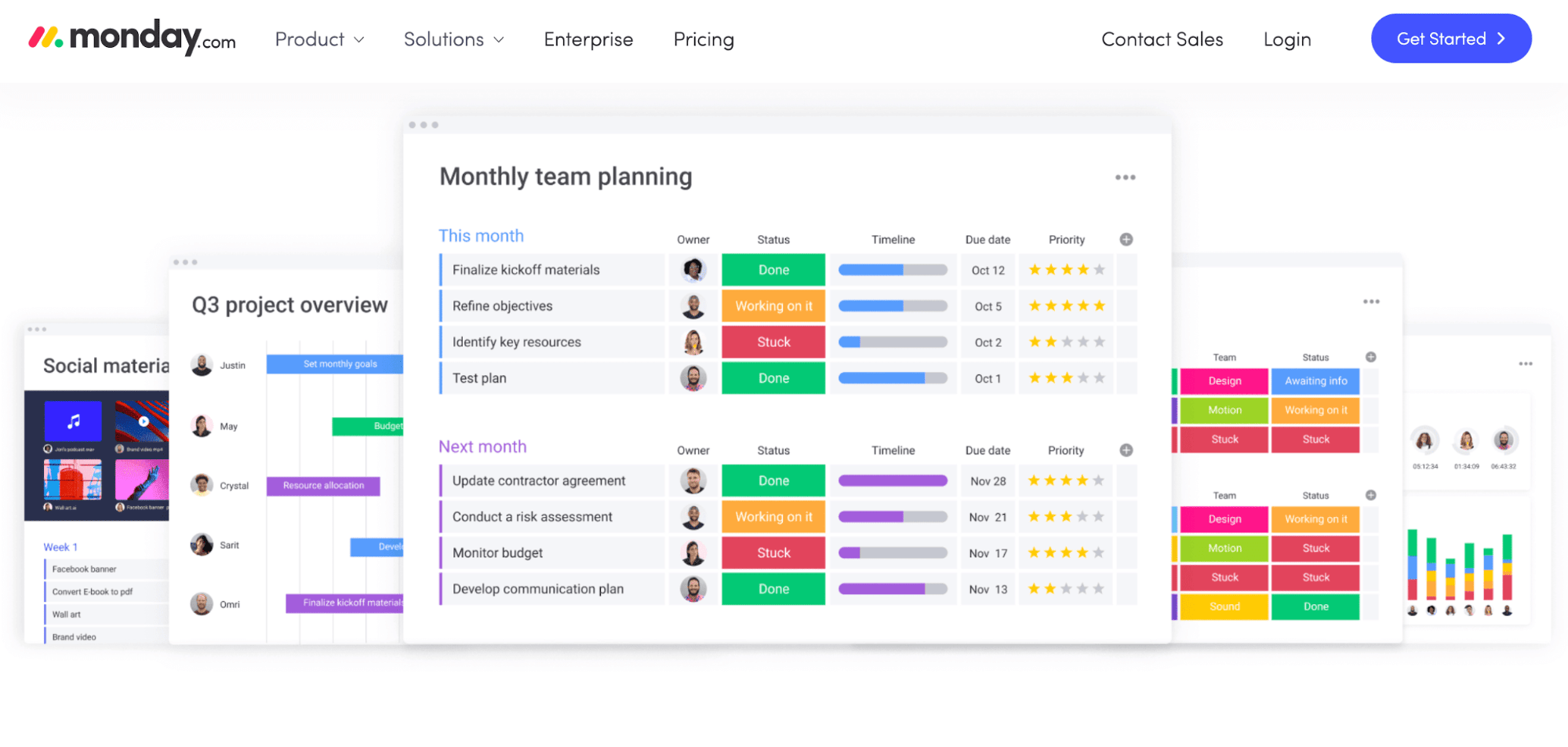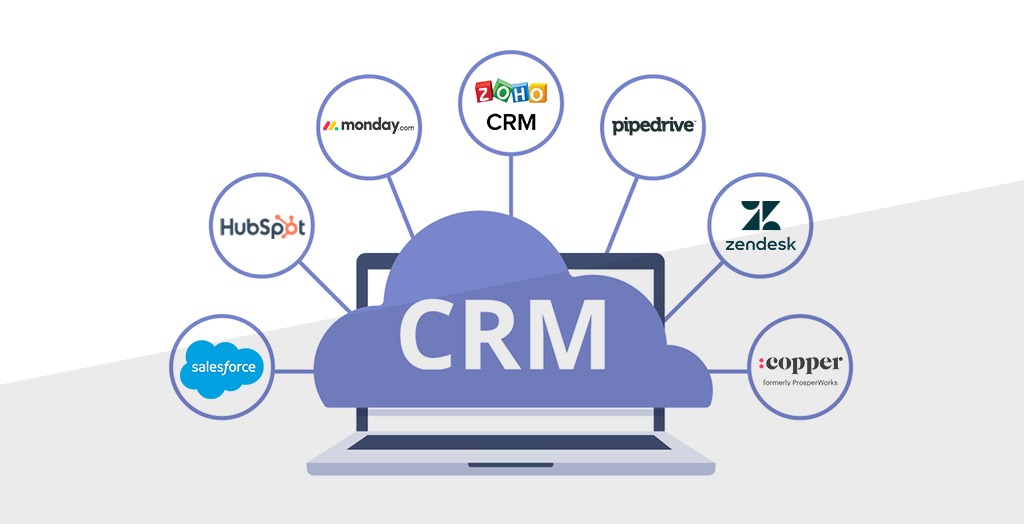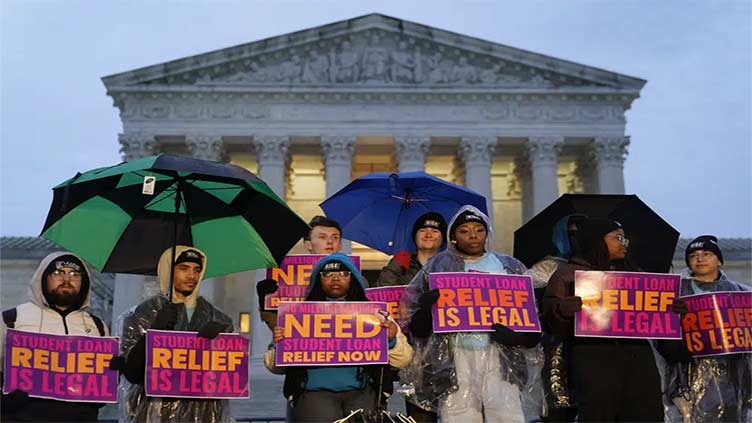Though thorough planning can help minimize business risk, only some of the study and preparation will completely remove all risks. What happens if a victim of a slip and fall in a warehouse sues your business? Or does flooding ruin tonnes of merchandise in your business? Hacking may occur to your website or personal information.
Small business insurance is now available. With all of the risks that modern business owners must contend with, small business insurance is essential.
Small-business insurance?
Investing in small business insurance allows you to protect both your company and yourself. Liability for lawsuits, injuries, property damage, workers’ compensation claims, and other operational losses is shielded financially by this.
Various insurance companies must provide varied insurance coverage for small businesses based on factors including workforce, geography, industry, and other variables.
What is covered by small company insurance?
Depending on the plan and provider, small company insurance can cover a wide range of topics. As an illustration, consider • Property damage or physical injury claims made by third parties.
• Provides coverage for loss or damage to tangible assets brought on by fire, theft, vandalism, or natural catastrophes, such as buildings, machinery, or inventory. • If a covered incident hinders business operations, it pays for continued expenses and lost income.
• Claims of negligence or subpar work
Ten different kinds of insurance for small businesses
Small business insurance can appear challenging, with almost endless options. You’ll need workers’ compensation and general liability insurance, so shop around to obtain the best policy for your business.
With the exception of the first two, these ten common types of small-business insurance may or may not be applicable to your company:
1. Insurance for general liability: provides extensive coverage. The majority of insurance protects your company from harm, damage, libel, and slander.
If one of your employees is injured, you can be liable for their medical expenses and lost wages. Your workers’ compensation insurance instead covers that sum. Workers’ compensation pays for funeral expenses, lost wages, medical care, and disability. Except for Texas, all states require this insurance for non-owner businesses. Not private policies, but state-issued ones are necessary in four states.
3. Commercial auto insurance: Guards your company against mishaps involving delivery vans, construction trucks, and food trucks, among other work vehicles.
4. During operations, lost or damaged property can be replaced with the aid of commercial property insurance or hazard insurance. It might be the physical assets of your business, such as the offices, equipment, tools, supplies, and other items.
5. Business umbrella insurance: Extends current insurance protection. You ought to do so if a significant loss or obligation exceeds the limits of your insurance.
Business income insurance, often known as business interruption insurance, guards against lost profits brought on by theft, fire, or other natural disasters.
7. Liability insurance for employment practices: Businesses are shielded against lawsuits alleging wrongful termination, sexual harassment, and discrimination against owners or executives by employers’ liability insurance.
8. Insurance against cyber liability: Attacks utilizing ransomware and data breaches are increasing, harming both consumers and companies. Liability insurance offers free credit monitoring, compensates policyholders for filing claims, and assists in alerting clients to attacks.
9. Professional liability insurance: Errors and omissions insurance shields companies against lawsuits alleging that their advice or services caused them financial damage.
The top 5 insurers for small businesses
It can be challenging to choose a small business insurance carrier because they all give slightly different services and costs. It is important to consider your needs, finances, and risks before selecting a business. To assist you in making a decision, ask possible providers for cost quotes.
Select from six well-known small business insurance providers listed alphabetically.
1. Liberty, Mutual
The sixth-biggest property and liability insurer globally is Liberty Mutual. It is most known for general liability coverage, auto and property insurance, and both.
• Health care liability; workers’ compensation; commercial auto/fleet; environmental liability; equipment malfunction; excess/surplus; • Marine Inland
Ocean marine, mergers and acquisitions, and management liability
Professional liability insurance for small business owners
2. National
Originally called Farm Bureau Mutual Automobile Insurance Company, Nationwide was established in 1926. It eventually covered workers’ compensation, commercial auto, commercial property, and commercial umbrella in addition to farmers and automobiles.
• Business profits; • Cyber liability; • Employment practices liability; • Errors and omissions; • Policy for business owners • Equipment failure; business liability; crime insurance; and inland marine
• Builder’s risk; • Receivables
3. The Advancement of Commerce
Advancing The two main products that commercial offers are complete small-business insurance and commercial auto insurance. Options for coverage: • Business owner’s policy; cyber insurance; workers’ compensation; commercial auto; commercial property; professional liability; employment practices liability; and general liability
In addition, Progressive offers rideshare, inland marine, surplus lines, employee health insurance, pet insurance, and liquor liability.
4. National Insurance
Since each State Farm office is independently owned, they are all small company owners, and they offer small business insurance. For each step of a company’s growth, you can obtain insurance tailored to your industry. Commercial cars, business owners’ policies, and workers’ compensation are among the coverage options.
• Contractors policy: general liability
• Surety and fidelity bonds
5. Hartford
With more than 210 years of experience underwriting small businesses, Hartford is among the oldest US insurers. Originally specializing in fire insurance, the company now provides general liability and other customizable small business insurance options.
• Business income; commercial auto; commercial property; cyber liability; professional liability; business owner’s policy
Insurance plans designed for particular sectors
How much does insurance cost for a small business?
The cost of small business insurance varies depending on the policy, provider, and coverage. According to Insureon, small businesses pay $57 for BOP and $42 for general liability per month. Below is a breakdown of all average costs:
• Workers’ compensation: $45; commercial umbrella: $75; cyber liability: $140; commercial auto: $147; general liability insurance: $42/month; BOP: $57; professional liability: $61/month; workers’ compensation: $45; commercial auto: $147;
Do you need insurance for your small business?
Insurance for small businesses is more expensive, but it eases your mind. Even in cases when it’s not necessary, protection is usually a good idea. Appropriate coverage is required for your company. Evaluate what you need and compare prices. To get the finest coverage at the best price, shop about and compare prices.










